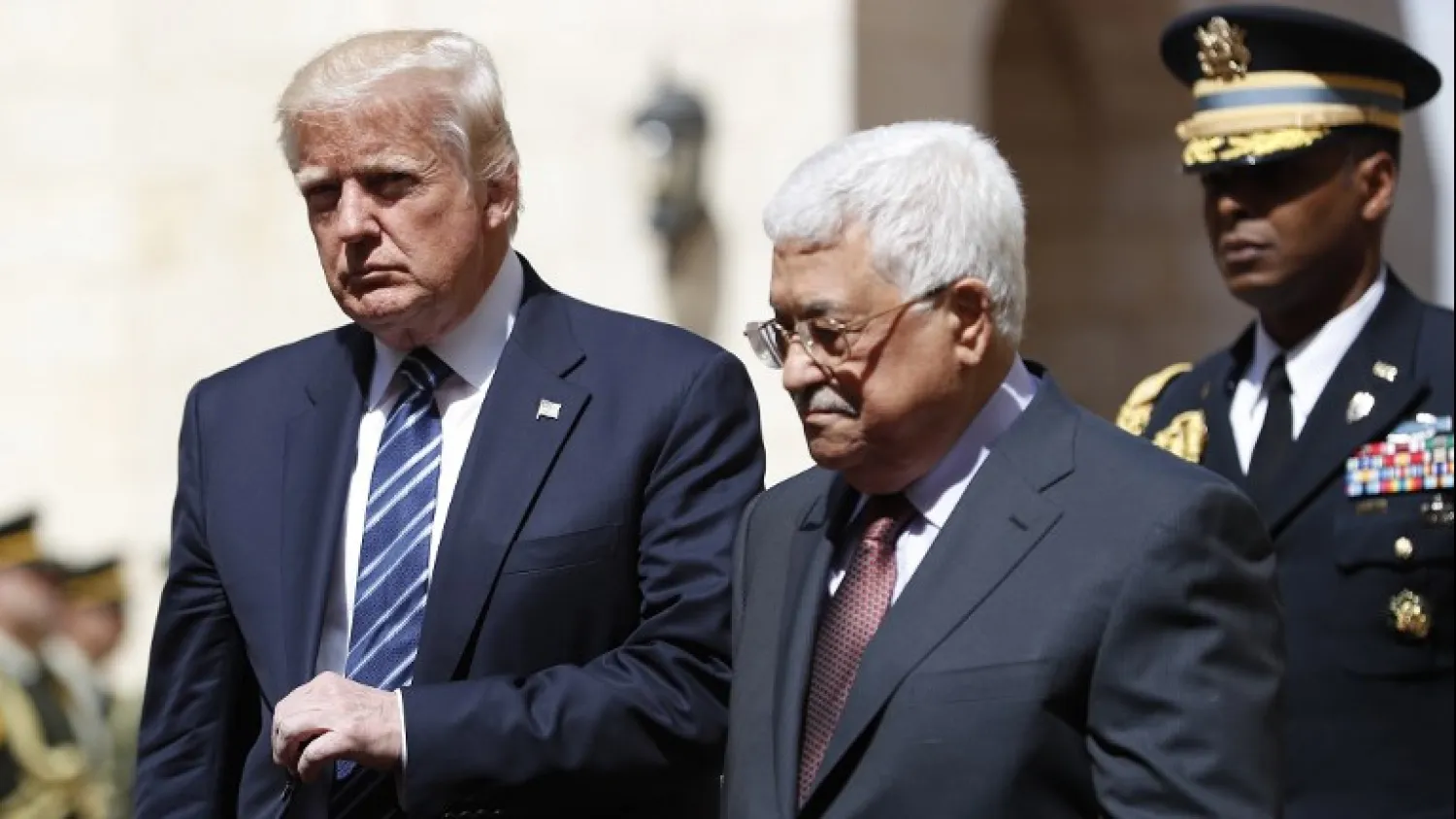Palestinian leadership will meet in Ramallah on Saturday to discuss an appropriate response to US President Donald Trump’s decision, which recognizes Jerusalem as the capital of Israel.
Palestinian officials told AFP on Friday that among the options to be considered is the potential suspension of the Palestinian Liberation Organization’s (PLO) recognition of Israel.
It said that such a move could call into question a founding principle of the peace efforts between Israel and the Palestinians and threaten decades of agreements with Israel, including on security.
The two-day meeting of the Palestinian Central Council will begin late Sunday, with Palestinian Authority President Mahmoud Abbas expected to open with a brief address.
Ahmed Majdalani, a senior PLO official, told AFP that a committee created to formulate responses to Trump’s announcement would recommend redefining the Palestinian relationship with Israel.
Among the options, he said, was suspending recognition of Israel, accusing the Jewish state of failing to abide by agreements.
The Palestinian leadership signed the Oslo Accords with Israel in 1993, formalizing its recognition of Israel.
Later in 2015, the Palestinian Central Council voted to end security cooperation with Israel but it was not implemented, with the rulings not binding on Abbas.
According to AFP, the agreements were supposed to lead to a final settlement — what many envisioned as the creation of an independent Palestinian state — within five years, but they have long since broken down.
Majdalani said instead of US-mediated talks they would be looking for a conference led by the United Nations on the future of the peace process.
A decision to suspend the PLO’s recognition of Israel will reflect the level of Palestinian anger resulted from the US administration choices made since Trump assumed power.
The agenda of Sunday’s talks includes a review of the situation since Oslo, as well as responses to Trump, the news agency added.









